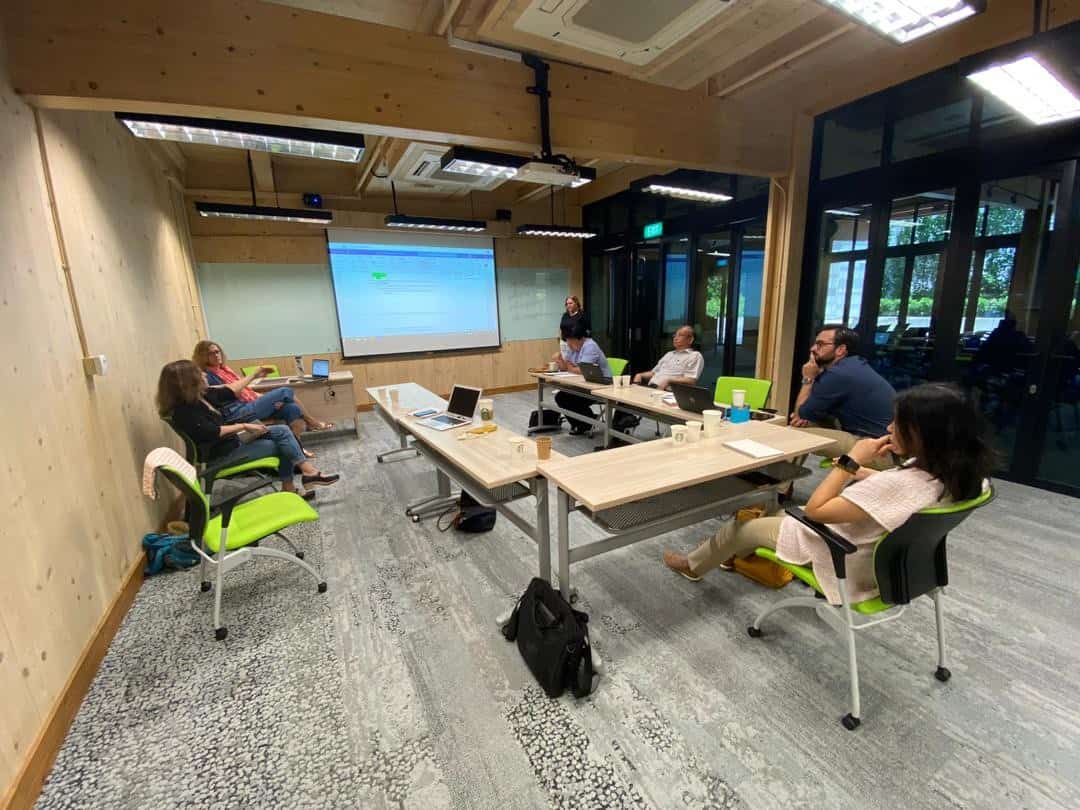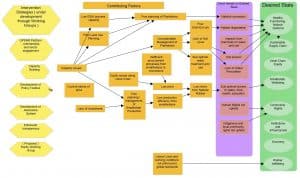The Terms of Reference (ToR) for the Equity sub-Working Group are now finalized. The group is currently recruiting members to start work on developing a shared definition of equity and assessing the current level of equity (or lack thereof) across the natural rubber supply chain, with the help of studies on Living Wage and Living Income, which will then inform recommendations on what can be done to promote equity along the supply chain. Members should ideally belong to the Strategy & Objectives Working Group. Any other GPSNR members who are keen to participate and possess relevant expertise may indicate, for consideration, their interest by sending an email to GPSNR Impact and Assurance Manager, Kobrat Sawasdivorn (kobrat@gpsnr.org) for consideration by the Chairs of the group, James Laimos and Martin Hollands.
Following a review of the proposals received, consultancy group James Griffiths & Associates Sàrl has been selected to commence the study on Human Rights and Labour Rights’ risk mapping in the global natural rubber value chain. The study aims to improve GPSNR’s understanding of the social risks across key natural rubber production and processing countries, to propose risk mitigation strategies for each region, and to identify relevant social sector stakeholder groups that can contribute through active membership in GPSNR. A survey has been designed for Strategy & Objectives Working Group members to set the scope of the study by defining geographic coverage, identifying current perceived social risks, and contributing key perspectives and reference materials.
‘Policy Toolbox’ Working Group
The drafters held a two-day physical meeting in Singapore over 13 and 14 February to finetune the policy components and baseline reporting requirements, with input from GPSNR members representing the processing and tire-making segments of the industry. The productive session saw open sharing from all participants, which provided insights into the processes and considerations of each sector and informed the discussion on the details of the policy components. The meeting participants also examined the assurance model and how it interfaces with policy development, as well as the support systems necessary to collect and share data securely. The meeting also saw the creation of a roadmap which lays out revised timelines and a work plan for the Working Group in its second year. Moving forward, these documents will be shared with the rest of the Policy Toolbox Working Group before being presented to the larger Strategy & Objectives Group.
‘Capacity Building’ Working Group
Members have started approaching the previously identified stakeholders in various rubber-producing countries to better understand the different challenges faced in promoting sustainability in natural rubber production, capacity building activities that have been conducted, and the degree of success (or lack thereof) of such activities, as well as how they can be improved upon. The Working Group has already received some responses from stakeholders in Brazil, Indonesia, Myanmar and Thailand. Aggregated data from these interviews will then be presented to the Executive Committee. The insights gleaned from these interviews will go towards the development of a capacity building action plan, which will undergo several rounds of consultation with members, smallholders, donors and potential local partners.
‘Traceability and Transparency’ Working Group
The Working Group has developed Request for Proposals for two pilots. One pilot for a project that employs satellite mapping tools and a second pilot for a comparison study of three traceability tools.
The project aims to enhance and improve current High Conservation Value (HCV) and High Carbon Stock (HCS) mapping in areas where rubber is predominantly produced. The focus will be on a combination of tools that use remote sensing, satellite imagery and machine learning to map areas of potential deforestation and other identified risks. The Working Group will liaise with the Policy Toolbox Working Group to ensure alignment with GPSNR’s member requirements, which are currently being developed.
The three traceability tools that the comparison study will focus on are: supply chain tracking, supply chain mapping and artificial intelligence (satellite and remote sensing). The study will assess each tool’s methodology for identifying origin and collecting information, with the aim to make a suitable recommendation based on the Working Group’s specified criteria.






